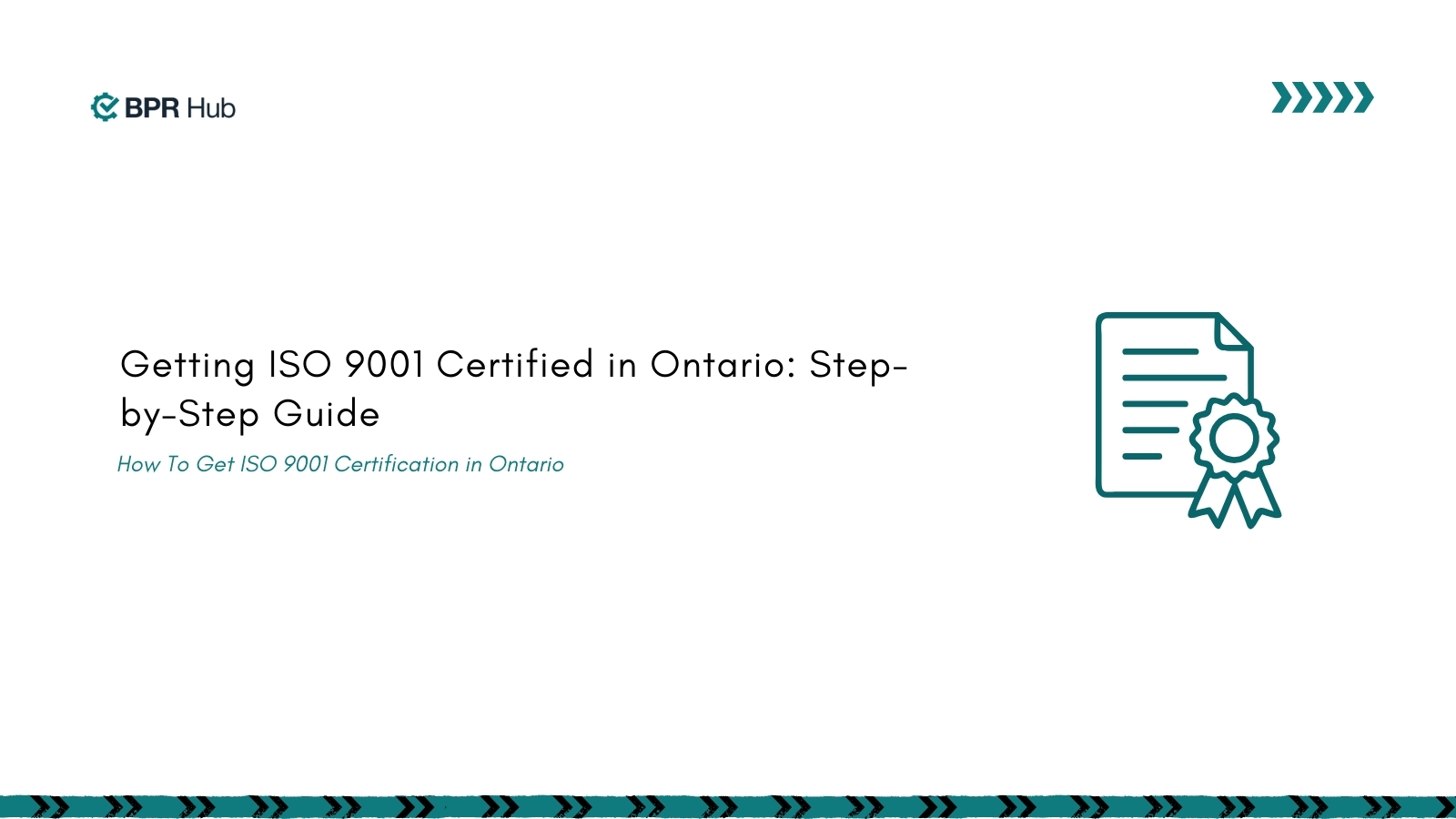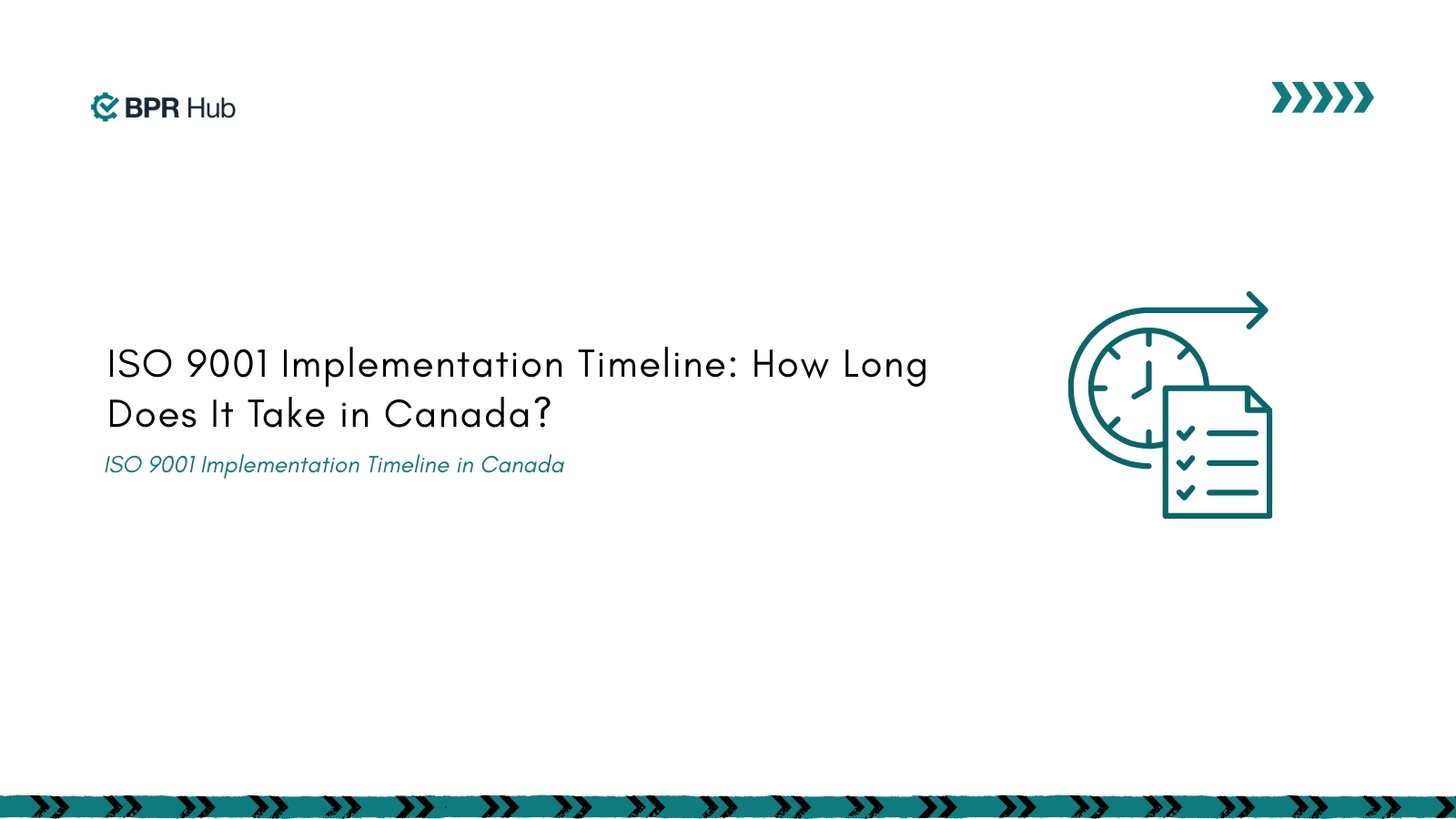GFSI certification opens global markets while reducing audit complexity for manufacturers seeking global food safety initiative standards compliance.A pharmaceutical manufacturer in Germany faced a devastating scenario when their FDA audit revealed critical gaps in their quality management system that could have been prevented with proper GFSI certification. Within 48 hours, production lines are shut down, $2.3 million in inventory was quarantined, and their largest customer contract hung in the balance. The root cause wasn't technical incompetence but rather fragmented compliance management across multiple global food safety initiative standards, leaving auditors questioning the integrity of their entire operation. Don’t worry, the above example was fictional but it can happen in reality. A single failed audit can result in lost contracts worth millions, while regulatory violations can shut down operations entirely. GFSI certification has become the gold standard that opens doors to global markets, yet many manufacturers struggle to understand which standards apply to their operations and how to achieve compliance efficiently.
In this guide we’ll see what GFSI is and how manufacturers leverage this framework to streamline compliance while meeting customer expectations, and how BPR hub helps manufacturers with GFSI compliance.
What is GFSI?
GFSI stands for the Global Food Safety Initiative, a business-driven coalition by the Consumer Goods Forum. Rather than creating new food safety standards, GFSI operates as a benchmarking organization that recognizes and harmonizes existing certification programs worldwide.
GFSI evaluates certification programs using rigorous benchmarking requirements. These programs must demonstrate they meet internationally recognized criteria for food safety management systems. GFSI doesn’t hand out certifications, it verifies which standards are worth trusting .
What are the Objectives of GFSI?
GFSI operates with clear objectives designed to strengthen food safety systems worldwide. The primary goal focuses on creating "an extended food safety community to oversee food safety standards for businesses and help provide access to safe food for people everywhere."
Harmonization and Mutual Recognition form the cornerstone of GFSI's mission. The organization works to foster mutual acceptance of GFSI-recognized certification programs across the industry, enabling a "once certified, accepted everywhere" approach. Manufacturers can achieve certification through one recognized program and gain acceptance from multiple retailers globally.
Continuous Improvement drives ongoing development of food safety management systems. GFSI brings together leading food safety experts from retailers, manufacturers, food service companies, and academia to tackle current food safety issues. Technical working groups collaborate to address emerging risks and enhance certification program effectiveness.
Capacity Building supports smaller and less developed businesses in accessing local markets. GFSI develops programs specifically designed to help these organizations implement effective food safety systems without overwhelming resource requirements.
What is the Impact of the Global Food Safety Initiative on Food Safety Worldwide?
For global brands, GFSI is the new regulatory baseline, not an aspiration. According to the World Health Organization, an estimated 600 million people fall ill after eating contaminated food each year. GFSI Coalition members work together to address collective challenges in their supply chains, helping to raise the food safety bar globally.
Market Access Enhancement: One of GFSI's most tangible benefits. Manufacturers with GFSI-recognized certification can access markets worldwide without undergoing multiple customer audits.
Risk Reduction: Through standardized approaches to food safety management. GFSI-recognized programs go beyond basic HACCP principles, covering areas like food quality, regulatory compliance, traceability, product recall protocols, and employee practices.
See how BPR Hub helps teams reduce audit prep time by 40%, book your demo
📍 Book a Demo
📧 hello@bprhub.com
What are Some Common Misconceptions About GFSI?
Several misconceptions persist about GFSI that can confuse manufacturers seeking certification. Understanding these misconceptions helps companies make informed decisions about their food safety strategies.
GFSI Is Not a Certification Body
The most common misunderstanding involves GFSI's role. Many manufacturers believe GFSI provides direct certification which is incorrect. GFSI recognizes and benchmarks existing certification programs and companies cannot become "GFSI certified." Instead, they earn certification to a GFSI-recognized standard.
Implementation Isn't as Complex as Perceived
Many teams overestimate how hard GFSI compliance really is, with the right tools, it’s completely manageable. GFSI-recognized standards do require comprehensive food safety systems, however, many manufacturers see implementation as excessively demanding and time-consuming. This perception is misleading and with proper planning and systematic implementation makes these standards achievable for most food manufacturers.
GFSI Goes Beyond HACCP
Confusion with HACCP occurs frequently among manufacturers. While HACCP is a prerequisite within all GFSI standards, focusing on controlling critical points in production processes, GFSI has a much broader scope. GFSI-recognized standards consider all aspects of food safety management systems.
The distinction matters. HACCP addresses process control, while GFSI-recognized standards address comprehensive food safety culture, supplier management, facility design, and operational controls.
Why Every Food Business Should Consider GFSI?
Food businesses face increasing pressure to demonstrate food safety competence in competitive global markets. GFSI certification provides multiple advantages that directly impact business success and operational efficiency.
- Customer Requirements drive much of the demand for GFSI-recognized certification. Major retailers and food service companies worldwide trust GFSI-recognized certification as a mark of the highest standards in food safety. Many contracts now require suppliers to maintain current GFSI-recognized certificates.
- Operational Benefits extend beyond customer satisfaction. GFSI-recognized certification helps reduce food safety incidents, product recalls, and associated financial losses. Companies often experience improved operational efficiency through standardized processes and better risk management.
- Global Market Access becomes simplified with GFSI-recognized certification. Rather than managing multiple customer-specific requirements, manufacturers can meet diverse customer expectations through a single, recognized standard. International expansion becomes more feasible when certification provides universal acceptance.
- Regulatory Alignment occurs naturally through GFSI-recognized standards. These programs incorporate regulatory requirements from multiple jurisdictions, helping manufacturers maintain compliance across different markets.
What are GFSI-Certified Standards and Recognized Certification Schemes?
GFSI doesn’t write standards itself, it benchmarks and approves them based on strict criteria.
A GFSI-recognized standard must include:
- Hazard analysis and risk assessment (often HACCP-based)
Most schemes require a HACCP-based approach, identifying and controlling physical, chemical, and biological hazards throughout the food production process.
- Good Manufacturing Practices (GMP)
Standards must ensure robust hygiene, sanitation, and operational protocols to prevent contamination and ensure product safety.
- A food safety management system (FSMS)
A documented system covering policies, procedures, and records, with clear management commitment and continual improvement processes.
- Supplier management and traceability protocols
Protocols for vetting, monitoring, and tracing suppliers to ensure ingredient and product safety.
- Internal audits, training, and documentation practices.
Regular internal audits, comprehensive employee training, and meticulous documentation practices are mandatory for ongoing compliance and improvement.
List of GFSI-Recognized Certification Schemes
Other recognized schemes include CanadaGAP, Global Red Meat Standard, Global Aquaculture Alliance Seafood, and Japan Food Safety Management Association. Each standard addresses specific operational needs, allowing manufacturers to select the most appropriate certification for their sector and business requirements.
How BPRHub Simplifies GFSI Compliance
Managing GFSI standards like FSSC 22000, SQF, or BRCGS across sites can overwhelm teams with audits, training, and documentation. BPRHub centralizes compliance into one platform, reducing duplication and ensuring readiness..
Centralized Documentation Management: BPRHub maintains organized repositories of all critical documents, from SOPs to training records, making GFSI audit preparation seamless.
Automated Workflow Management: Streamline compliance processes across recognized standards. Whether managing FSSC 22000, SQF, or BRCGS requirements, BPRHub's platform automates routine tasks while maintaining visibility into compliance status.
Training and Competency Management: Support the employee training requirements essential for GFSI compliance. BPRHub tracks training completion, maintains competency records, and provides alerts for renewal requirements.
Real-time Compliance Monitoring: Provides insights into compliance status across all operations. BPRHub's dashboards highlight potential issues before they become audit findings, enabling proactive management of food safety systems. Manufacturing teams can address gaps immediately rather than discovering problems during audits.
See how BPRHub Simplifies GFSI Compliance, book your demo now
📍 Book a Demo
📧 hello@bprhub.com
Key Takeaways
→ GFSI stands for Global Food Safety Initiative, a benchmarking organization that recognizes comprehensive food safety certification programs rather than providing certification directly.
→ GFSI certification through recognized standards opens global market access while reducing the need for multiple customer audits and demonstrating commitment to food safety excellence.
→ GFSI-recognized standards encompass broader scope than HACCP alone, covering food quality, regulatory compliance, traceability, recall protocols, and comprehensive management systems.
→If you want to stay on the approved supplier list for big-box retailers, a GFSI-recognized certificate is table stakes.
→ Global Food Safety Initiative standards include SQF, FSSC 22000, BRCGS, IFS Food, GlobalG.A.P., and PrimusGFS, each designed for specific food industry sectors.
→ Successful GFSI compliance requires centralized documentation, automated workflows, integrated training management, and real-time monitoring capabilities that platforms like BPRHub provide.
Ready to streamline your GFSI compliance journey? BPRHub's Unified Compliance Framework eliminates the complexity of managing multiple food safety standards while keeping your operations audit-ready year-round. Book your demo today and see how centralized compliance management transforms your food safety operations.
FAQ
Q. What are GFSI standards?
GFSI standards are food safety certification programs that meet the Global Food Safety Initiative's benchmarking requirements. GFSI recognizes programs like SQF, FSSC 22000, BRCGS, and IFS Food that demonstrate comprehensive food safety management systems.
Q. How do I get a GFSI certificate?
You cannot get a "GFSI certificate" directly. Instead, choose a GFSI-recognized certification program that fits your operations, implement the required food safety management system, and undergo third-party audit by an accredited certification body.
Q. What is the difference between HACCP and GFSI?
HACCP is a system for controlling critical points in food production processes, while GFSI recognizes comprehensive food safety management systems that include HACCP as a prerequisite. GFSI-recognized standards cover broader scope including quality, traceability, and management systems.
Q. What are the benefits of GFSI certification?
GFSI-recognized certification provides global market access, reduces multiple customer audits, demonstrates food safety commitment, improves operational efficiency, and helps prevent food safety incidents and recalls.
Q. What is the difference between SQF and GFSI?
SQF is a specific certification program recognized by GFSI. GFSI is the benchmarking organization that recognizes SQF and other food safety standards. Companies get SQF certified, which provides GFSI recognition.
Q. How do I get a SQF certificate?
Register with SQF Assessment Database, designate an SQF Practitioner, choose certification level, select a licensed certification body, conduct pre-assessment if needed, and undergo initial certification audit.
Q. How much does GFSI certification cost?
GFSI-recognized certification costs vary from $1,000 to $7,500 depending on the chosen standard, operation complexity, location, and whether consultants are used. Additional costs include registration fees, training, and system implementation.
Q. How long does it take to get GFSI certification?
GFSI-recognized certification typically takes five months to one year, depending on current compliance status, operation complexity, implementation speed, and how quickly audit findings are addressed.
Get insights that help you minimize risks and maximize profits.
Dive deeper into manufacturing compliance with our free resources.
We get it, compliance can get tough.
Here are some additional resources to help.
We get it, compliance can get tough. Here are some additional resources to help.
Get updates in your inbox

.svg)
%20(1).svg)





%20(1).svg)

.avif)

